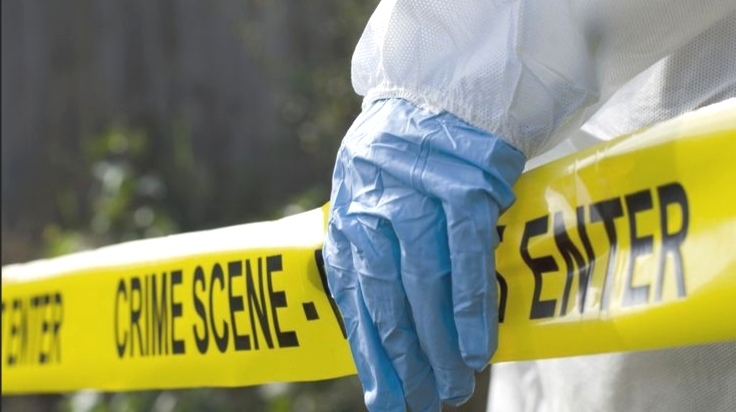The search for the crime gene or the warrior is not over

Sky world news /science/Researchers are still debating the question, around which a lot of conflicting information revolves.
Are you familiar with the enzyme monoamine oxidase-A, more commonly known as MAOA? This protein has been known to scientists for twenty years, but the media picked up on it about ten years ago, sometimes presenting it as "the warrior gene."
MAOA, due to a variation of a gene on the X chromosome, is therefore responsible for a lack of dopamine and serotonin control, and therefore impulsivity. There is a lot of debate around this enzyme and its real impact on one-person violence. More generally, science has been trying for years to find genetic explanations for such and such behavior.
As we explained to you a few months ago, scientists at Harvard medical school believed they had discovered the genetic basis of schizophrenia.
"Decades of research have confirmed the relatively minor influence of genetics on psychiatric disorders", nevertheless noted Jonathan Leo, professor of neuroanatomy, on our site to explain that research has so far led to very little results. genes can alter brain function and can trigger anxiety-related behaviors.
There might be some evidence that the same is true for violence.
" To substantiate its point, the site mentions, among other things, the work of Kent Kiehl, a neuroscientist who works with inmates at a New Mexico prison. He was particularly interested in those who show signs of psychopathy, namely an emotional detachment or a lack of empathy and remorse.
He thus collected data on the brain activity of more than 4,000 prisoners.
“He found that the so-called psychopathic subjects tend to have less gray matter in the region he studied, the one responsible for generating emotions and controlling impulsivity, Editor's note, but also that they had smaller tonsils.
“They have different brains, and these differences are genetically caused at least 50%.
This should come as no surprise to people with knowledge of neuroscience.
The absence of formal evidence should not prevent scientists.



